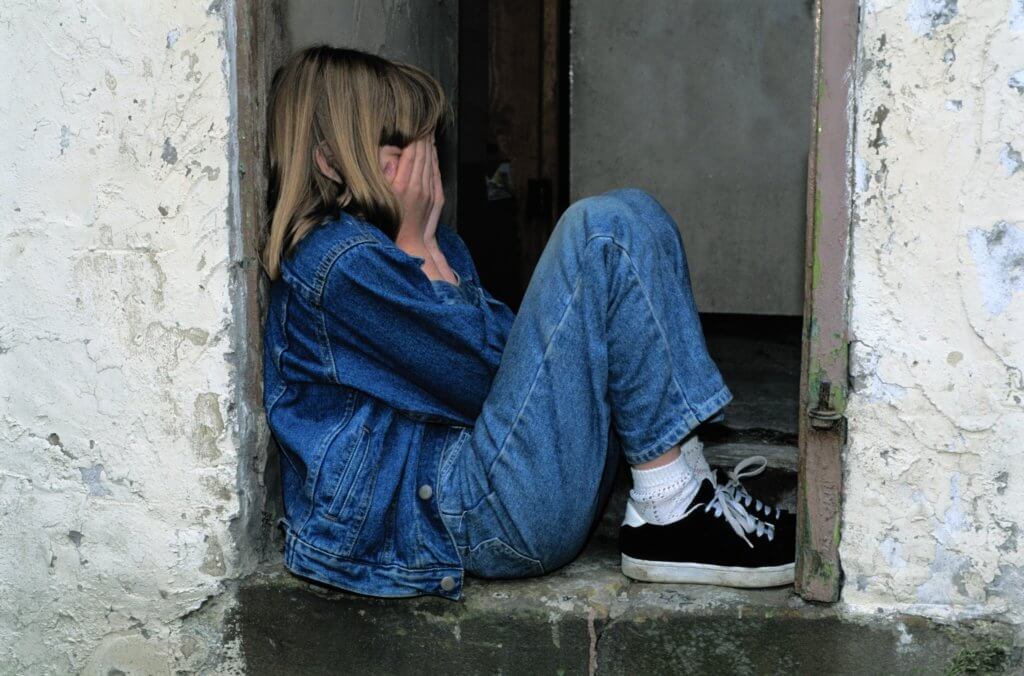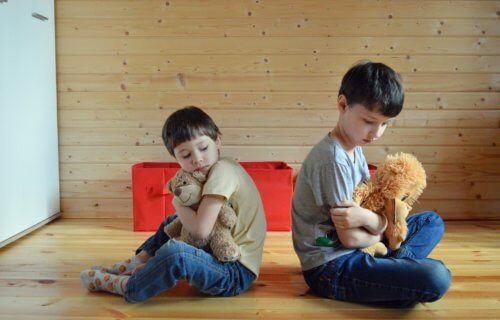WILMINGTON, Del. — Plenty of adults would love to travel back in time to the care-free days of their youth, but troubling new research suggests kids today are significantly more stressed out than earlier generations. A new national poll of 504 U.S. adolescents (ages 9-13) finds more than one in three children (37%) worry at least once per week.
What exactly are the youth of today stressing over? According to the What’s Worrying America’s Kids survey, which was put together by Nemours KidsHealth in an effort to better understand adolescent worries and how to provide support during pre-teen years, school (64%) is the top source of trepidation, followed by worrying about their friendships (41%).
Notably, the tendency to worry appears to steadily increase with age. Older children (age 13) were more likely than their younger peers to report feeling like they will never stop worrying (48% vs. 22% for 9-year-olds).
“Understanding what children worry about most often and at what ages offers an opportunity for parents and caregivers to help children develop coping skills to grow into healthy adults,” says R. Lawrence Moss, MD, President and Chief Executive Officer of Nemours Children’s Health, in a media release. “Our growing nationwide youth mental health crisis requires parents, caregivers, teachers, and healthcare professionals to work together to ensure our youth have the support and resources they trust. Caring for children’s mental health is equally as important as caring for their physical health, and a prerequisite for changing children’s health for good.”
What are kids stressed out about?
Most surveyed children say they worry at least occasionally (86%), and one in three feel they probably worry more than other kids their age. Regarding sources of worry, girls were more likely than boys to worry about friendships (50% vs. 32%). Meanwhile, another 35 percent report worrying about the health of the people they love.
Another fascinating statistic: kids who worry about their looks (65%), being bullied (55%), or about their friendships (47%) report doing so more than once weekly. Among one in five kids, these worries actually extend to the world around them. So, for example, these children worry about topics like money (21%), violence in the world (20%), and the environment (19%) at least once per week.

What toll is all this worry having on children?
Many say the stress leads to feelings of distraction or an inability to focus (40%), feeling sad or miserable (36%), or like they don’t want to talk to anyone (34%). Other children say these fears cause physical symptoms like nausea or stomach pain (23%) or head pain (21%).
Close to all children (97%) say they actively take steps to make themselves feel better or stop worrying. Common ways of achieving this include talking to someone (49%), watching TV (49%), or playing video games (48%). Talking to someone (96%) and doing something creative (93%) top the list of actions that actually help kids relax and feel better.
Among younger children (ages 9-11), over 75 percent say they usually go to their parents for information or advice first (77%), yet that number drops to only 51 percent among older kids (ages 12-13). All in all, over half of surveyed kids (53%) don’t believe that adults understand what they worry about — ranging from 45% among elementary school children to 59% among middle schoolers.
“What’s clear from these survey results is that children have the capacity to be resilient – they recognize when they are worried and are usually willing to do something about it,” concludes Meghan Walls, Psy.D., Pediatric Psychologist at Nemours Children’s Health and Nemours KidsHealth Medical Reviewer.
“Understanding why kids worry and signs to look for can help us, as adults and parents, provide early intervention and provide our children with the appropriate resources to help them better understand and deal with their worry. Laying this groundwork when children are young is especially important, so they build the tools to cope with the emotions and turmoil throughout childhood and adolescence, leading to improved mental health as adults.”


This is what happens when lefties spew nothing but uninformed BS doom tales 24/7.
100% and want to push adult issues on to kids. It is gross and we give no kids copeing ability when everyone wins in school as THAT IS NOT real life. We are failing young kids and young adults but guns are to blame for the shootings.
That’s what happens when you spend to much time listening/reading today’s media.
HOW CAN THIS BE,
KIDS BEING OUT OF SORTS…
maybe if you take away the PRESENT EVIL ROLE MODELS,
LIKE GANGREENE, BENEDICT DONALD TRAITOR, SANTOS MR “TRUTH” these failed greed mongers, that advocate disruption of democracy,
constant lying,
stealing
bragging
insane spews
and unbelievable tall tales
from DON’S vast collection of LIFETIME failures,
3x loser agent orange THE dungbag,
HIS DISMAL RECORD OF NOTHING BUT defeats
to him by AMERICAN PATRIOTS WHO CALL HIS BLUFFS.
THIS ENDLESS GRIFTING by a former PRES IS SHAMEFUL, ILLEGAL,
and traitor Don, just POCKETS IT ALL…what a crappy role model?
what a country!
we will look at this “Benedict Donald, traitor. from the future and say
we defeated the commies
we defeated the nazies,
we defeated the chin’s
we defeated the evil that tried to over throw America
Could this be prodromal symptoms of a DSM Anxiety Disorder maybe generalized anxiety disorder? Or could it be a personality disorder trait- Negative Affectivity? Or most likely is this just normal? Anxiety is a result of natural selection. Anxiety can have survival value.